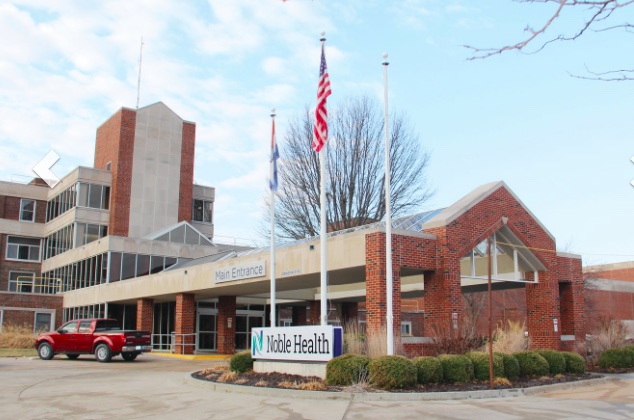
KHN: When Private Equity Comes for Rural Hospitals
August 25, 2022
Kaiser Health News published its findings on an investigation of private equity firm Nueterra Capital, which formed Noble Health, revealing it had received nearly $20 million in federal covid relief money and Medicare and Medicaid funding in the 18 months before it closed two rural hospitals it had acquired. Use of those funds are still not fully accounted for.
KHN, June 15, 2022: Buy and Bust: When Private Equity Comes for Rural Hospitals
See also, USA Today, June 15, 2022: A private equity firm pledged to rescue rural hospitals. After receiving millions in pandemic relief, it shuttered their doors.
and Modern Healthcare, June 15, 2022: When private equity comes for rural hospitals
KHN wrote that Noble acquired Audrain and Callaway Community Hospitals in Missouri after “charming local leaders desperate to save beloved local institutions. And federal regulators did nothing to block or thoroughly vet the acquisition, despite red flags.”
According to KHN’s investigation, Noble’s directors had little healthcare experience. The one who did was Donald R. Peterson, whose previous foray into the space, an infusion company, ended with charges of Medicare fraud.
KHN tracked how things grew worse rather than better under the new private equity owners, according to conversations with staff, state and federal documents gained through months of public records requests, and dozens of interviews with community leaders, health officials, and residents.
PESP Healthcare director Eileen O’Grady said that private equity’s focus on strong, speedy returns makes it a risky business model for healthcare. “In rural hospitals,” O’Grady told KHN, “there are very few ways” to boost revenue and cut expenses “without having an impact on patient care.”
Financially distressed rural hospitals like Audrain are targets, putting vulnerable communities at the mercy of firms whose North Star is profit, rather than patient health. A recent report found that 441 rural hospitals, more than 20%, were at risk of closing or losing services.
According to KHN, under Noble’s management, Callaway reported a nearly $6 million loss on patient services in 2020. On paper, financial filings show, it had spent 43% more than the year before.
Johns Hopkins Carey Business School accounting professor Ge Bai reviewed Callaway’s most recent Medicare cost reports for KHN. She noted that the hospital received millions in covid relief that it reported as miscellaneous income and concluded that much of the money was not spent on delivering health care.
The hospital’s spending on laboratory, medical supplies, contract nursing, and care all increased, as is expected in a pandemic, Bai said. But she questioned other line-item cost increases.
For example, spending on the non-salaried employee benefits climbed 273%, to $1.4 million. Callaway’s 18-bed hospital nearly doubled its spending on administration, adding $1.1 million in fees paid to Nueterra subsidiaries NueHealth and Noble in 2020.
The hospital also paid Noble a $38,000 lease in 2020, a statement filed with Callaway County showed. Callaway County records show Noble owes more than $72,000 in unpaid property taxes and penalties. Audrain and Callaway counties’ records confirm that Noble kept hospital operations and real estate assets separate — a common move, experts said, from the private equity playbook, when profits are expected from property value rather than medicine.
Cornell University management professor Rosemary Batt observed, “That’s a tipoff that they must be doing something to monetize the real estate to make money.”
Even as the hospitals looked flush with federal money, contractors were pulling out. According to KHN, “Inspection reports from the state workers coordinating with the Centers for Medicare & Medicaid Services were alarming, listing 135 pages of deficiencies that put patients ‘at risk for their health and safety.’”
“Inspectors reported they witnessed a suicidal 77-year-old stab her own leg with an ink pen, that an 85-year-old missed his medicine over the weekend because a pharmacist was unavailable, and that nurses waited five minutes to provide oxygen after surgery because the machine malfunctioned.”
